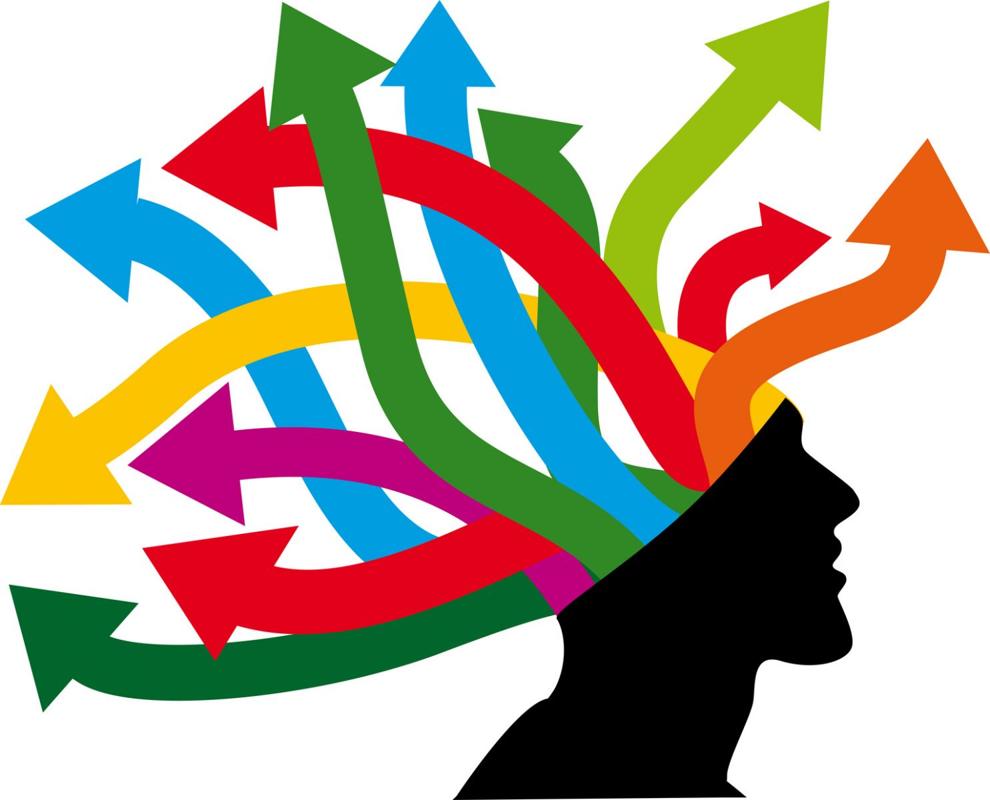“The question is,” said Alice, “whether you can make words mean so many different things.”
“The question is,” said Humpty Dumpty, “which is to be master—that’s all."
“The question is,” said Humpty Dumpty, “which is to be master—that’s all."
– Lewis Carroll, Through the Looking-Glass
According to Russian historian Roy Medvedev, around 200,000 people in the USSR were sent to a Gulag for telling a joke. When a system is threatened by jokes and jokes are taken too seriously, it is no sign of strength, but exactly the opposite – a clear indication of weakness. Even if you have the power to send people to a Gulag. Following the visit of SYRIZA leader Alexis Tsipras to the Zagreb Subversive Festival in May 2013, only two months prior to the accession of Croatia to the European Union, it seems that jokes are to be taken more seriously now than ever.
Žižek
First, the Greek media reported that Hollywood director Oliver Stone, also attending the festival, openly supported Tsipras, saying without hesitation he hoped Tsipras would become the next Greek prime minister, because he represents “hope for Greece, and could bring a big change not only for Greece and Europe, but perhaps for the world”. Then, during the same conversation on Greek National Television, Slovene philosopher Slavoj Žižek added that he also believes in Tsipras, but “as a Platonist”, because “if philosophers are not kings, then at least they have to control kings”. Žižek concluded that he supported Tsipras, but only under the condition of becoming his “secret advisor”.
This was, of course, a joke. But it was another of his jokes that provoked a harsh reaction from the Greek establishment. During a public debate with Tsipras at the festival, “the most dangerous philosopher in the west” said that in his “vision of the democratic future, all the people who do not support SYRIZA would get a first class one-way ticket to a Gulag”. The Greek media immediately drummed up a furore, prompting Greek prime minister Antonis Samaras to describe Žižek’s comment as “horrible and disgusting”, bearing in mind that thousands of Greeks were killed in Gulags. And Tsipras was accused of laughing at the joke.
But what exactly did Žižek say in Zagreb? To avoid any further misunderstandings, it is worth quoting the whole passage:
The fight that SYRIZA is fighting is the fight for the very soul of Europe. And I am here without any shame [an] Eurocentrist. OK, it’s nice for politically correct reasons to blame Europe for everything, imperialism, colonialism, slavery, but my God, Europe did give – and let’s be proud of that – something wonderful to humanity: the idea of radical egalitarianism, of radical democracy, feminism, etc. This is at the core of European identity, and that is what is at stake today. So as Alexis said about who is the danger – today’s defenders of Europe, Brussels’ technocrats or anti-immigrant nationalists, they are the threat to what is worth fighting for in [the] European legacy. SYRIZA is not a Greek phenomenon, SYRIZA is something that is one of the few signs of hope for the entire Europe… And the test for the people, when you ask them what they think about Europe is to simply ask them what they think about SYRIZA. If they don’t support SYRIZA, then in my vision of the democratic future all these people will get a first class one-way ticket to a Gulag.


















